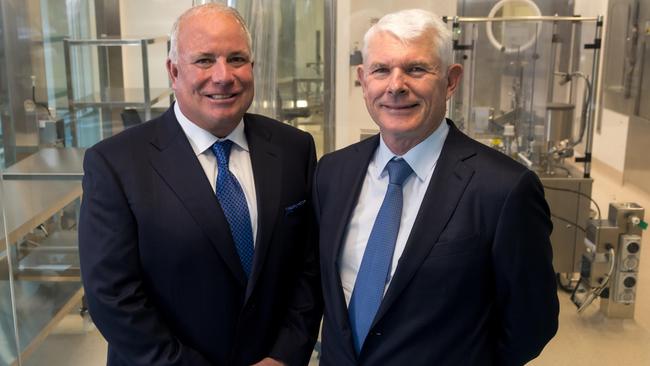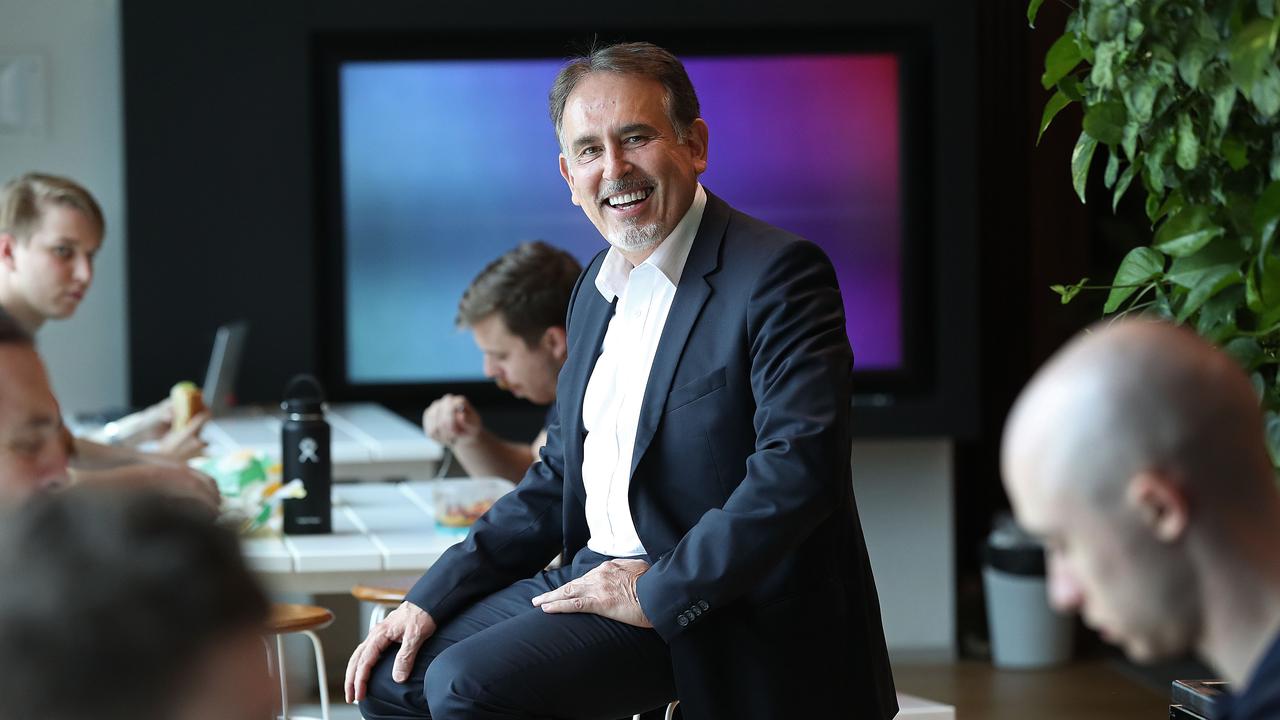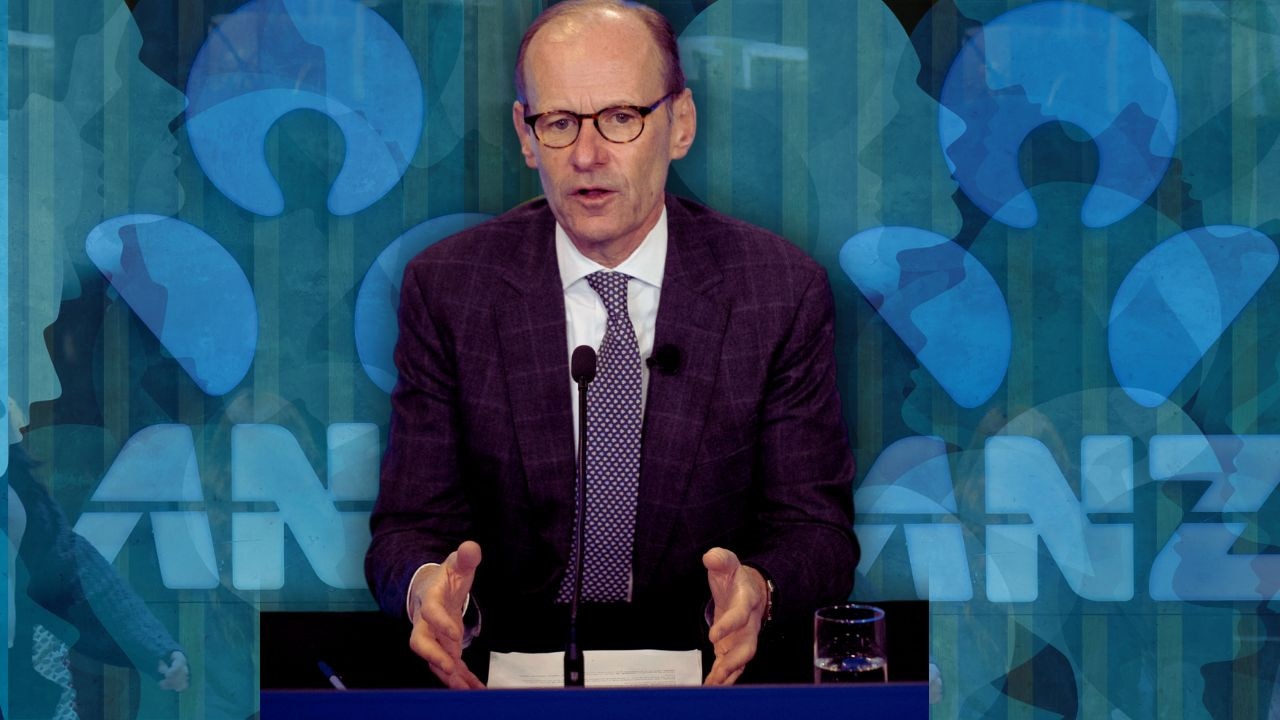CSL argues it pays below the odds for execs after copping a first strike
CSL has argued its executive pay levels are below the global median for companies in its field, after copping a first strike against its remuneration report from shareholders.

CSL has defended its executive pay levels as below the global median for companies in its field, after shareholders lodged a protest vote against its remuneration report.
The first strike against its remuneration report followed the company narrowly missing out on a strike at last year’s annual general meeting, when 23.04 per cent of votes cast went against the remuneration report.
Shareholder votes lodged before Tuesday’s AGM ran 26.4 per cent against the adoption of the remuneration report, indicating that a first strike vote of more than 25 per cent against would be achieved.
Australian Shareholders Association representative Mike Muntisov addressed the meeting, saying the ASA understood there would be a possible increase in the long-term incentive for managing director Paul McKenzie from $12m to $19m in future, “which is a very significant increase”.
“Perhaps you could confirm that that is your thinking, and if so, we would like to suggest that the stretch performance targets to achieve that award should be significantly increased so that the target and stretch target levels are much more challenging than current levels look,’’ Mr Muntisov said.

Dr Megan Clark, who chairs CSL’s remuneration committee, did not confirm the ASA’s figures, but said that in terms of Dr McKenzie’s long-term incentive, it sat at 69 per cent of the median for global companies in the sector.
“We don’t aim to go above the median, but we do look to be fair, to make sure that our executives are paid appropriately, and we also look at where we sit relative to that peer group, in terms of market capitalisation, in terms of any increase,’’ Dr Clark said.
“That’s actually a discussion that we will have over several years, which I highlighted in the remuneration report.
“It’s not something that we would do overnight. It must be linked to performance, but we would certainly, as a principle, look to pay our executives fairly and equitably.’’
The $141bn blood products company’s chairman Brian McNamee told the meeting that CSL’s remuneration was aligned with its scale and global scope, but the board accepted that there was disquiet among investors.
“Although our heritage is proudly Australian, the global biotechnology sector, and many of our executives are based in the United States,’’ Dr McNamee told the meeting.
“We compete for talent in that context: it is essential to our performance and our long-term growth.
“Our remuneration structure needs to attract and retain talented people across the globe, including those who can navigate the complex science and manufacturing that underpins CSL.
“Your board strongly believes our overall remuneration framework is aligned with this goal, and fit for the purpose of attracting top tier, global leaders who will steer the next phase of growth for our shareholders.
“But we hear your discontent this year with some aspects of our approach and, of course, I’m disappointed in that. I want you to know that we are listening, and we will carefully consider the feedback we receive.’’
Dr McNamee said CSL was – outside of News Corporation – the only truly global company on the ASX, and its remuneration scale reflected that.
Dr McKenzie was paid $US8.18m in 2024, including short- and long-term incentives.
This year he will be eligible to earn a maximum of $US12.1m should he reach all of his targets, which the company says compares with the median chief executive remuneration for CSL’s peers of $US17m.
The ASA voted in favour of the remuneration report, but against a resolution to increase the pool of fees for non-executive directors from $4m to $4.5m.
Dr McKenzie reiterated CSL’s financial guidance for the year, saying revenue growth was expected to come in at 5-7 per cent on a constant currency basis.
Net profit is expected to be $US3.2bn-$US3.3bn, up 10-13 per cent.
“Importantly, I reaffirm our annual double-digit earnings growth outlook over the medium term,’’ Dr McKenzie said.
Last year a vote on the approval of performance share rights to Dr McKenzie also attracted a 24.9 per cent vote in opposition to its adoption.
A resolution granting share rights to Dr McKenzie also attracted a strong protest vote with 23.2 per cent of votes cast before the meeting going against the resolution.
CSL shares were 0.5 per cent lower at $290.54 on Tuesday afternoon.





To join the conversation, please log in. Don't have an account? Register
Join the conversation, you are commenting as Logout